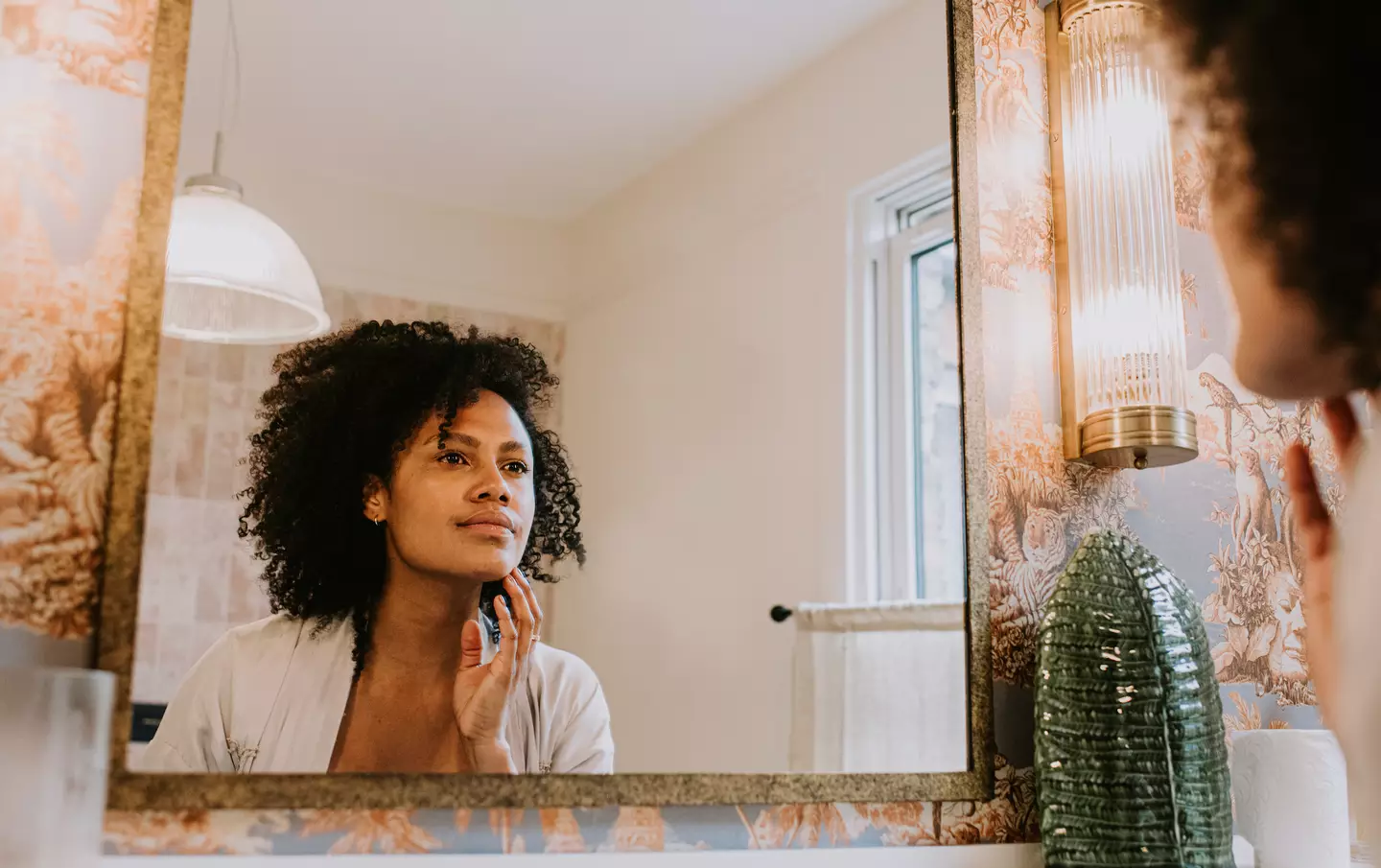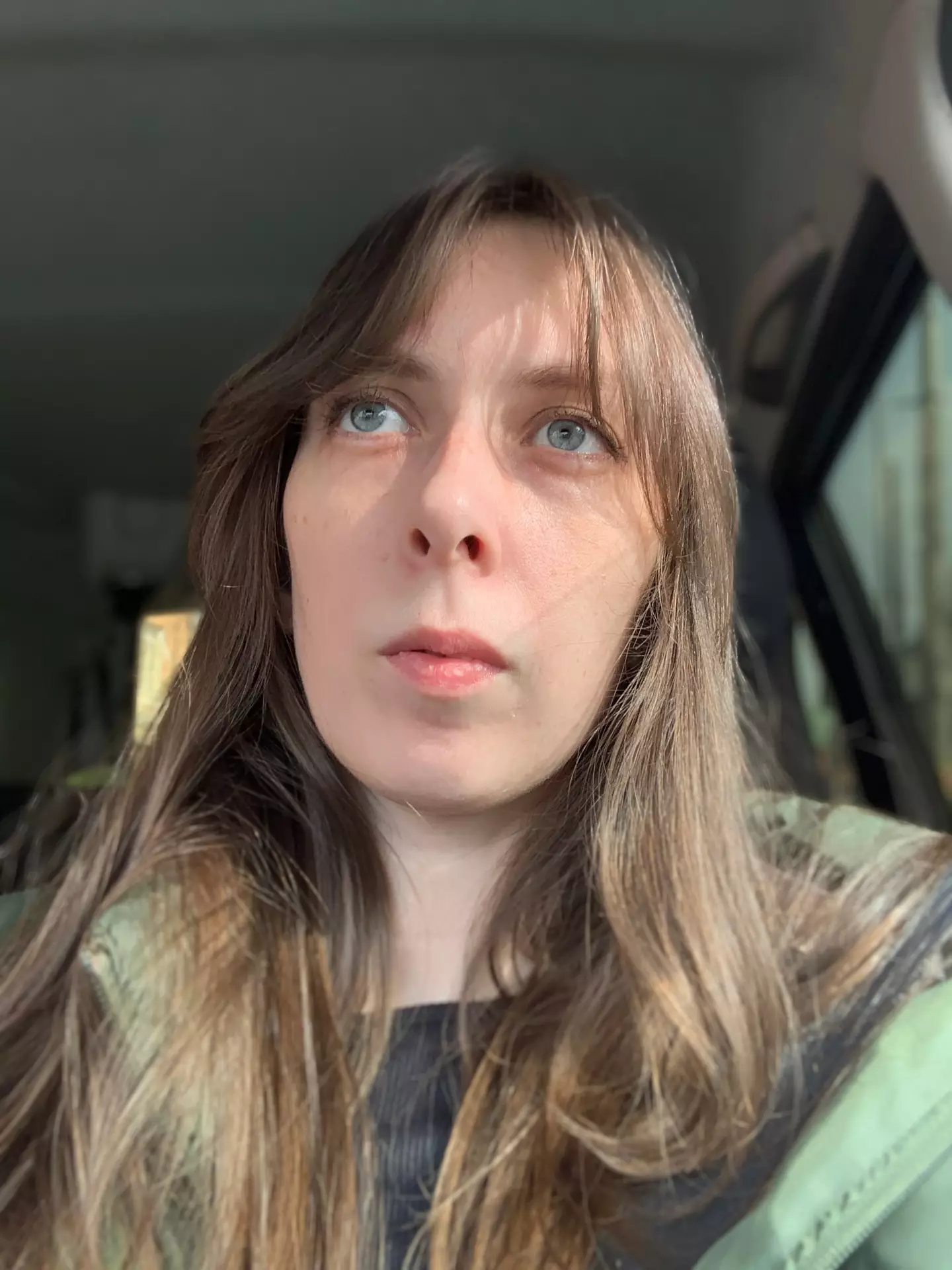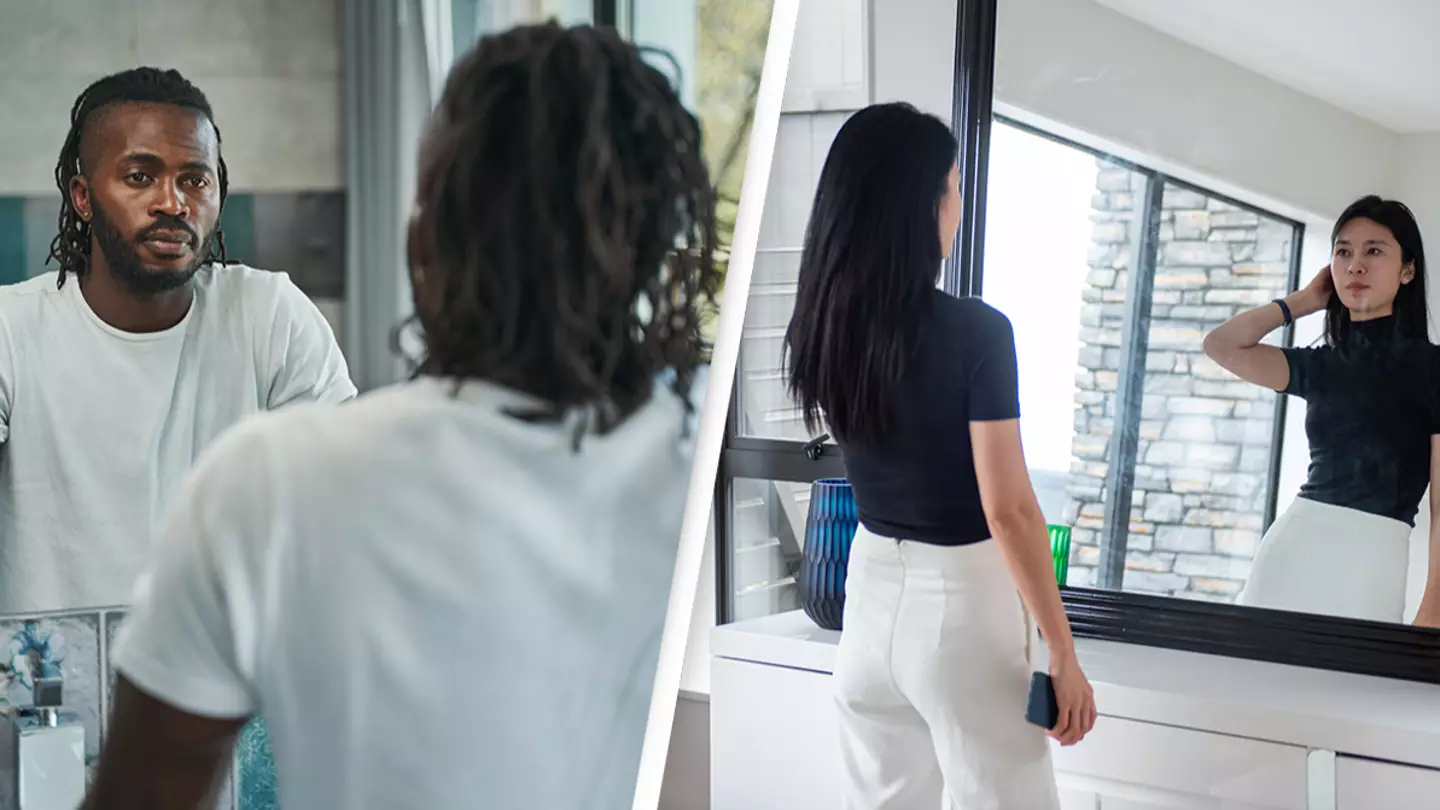No matter how many times you glance in the mirror or snap selfies, it turns out you ‘don’t really know what’ you actually look like.
You may have been living with the same face—albeit now slightly more wrinkly and tired-looking—for all your years on the planet, but how well do you truly understand your own profile?
Do you ever catch a glimpse of yourself in the mirror, then compare it to a selfie and notice a difference between an Android and an iPhone photo, wondering why you appear so different in each image?
Well, fortunately, you’re not alone.
One Twitter user expressed: “Idk what it’s called but does anyone feel they don’t know what they look like truly ?? like pictures u take urself and pictures people take of u or looking in the mirror are all different forms of u and it’s just …… infuriating and confusing and makes u wanna cry.”
Another individual added: “I literally don’t even recognize myself anymore. I look in the mirror and I swear that isn’t me, or at least not who I thought I have been for the past couple of months, like all I can see is a totally different person.”
A third comment read: “This sounds BONKERS but I literally have no idea what I look like??? and I’m not even talking about makeup I deada** feel like I have a completely different face in every camera/phone/mirror/lighting.”
There is actually a reason why you don’t seem to fully recognize your own face.

Professor of behavioral science at the University of Chicago Booth School of Business and author of Mindwise: How We Understand What Others Think, Believe, Feel, and Want, Nicholas Epley, told The Atlantic: “The interesting thing is that people don’t really know what they look like. The image you have of yourself in your mind is not quite the same as what actually exists.”
A study led by Epley and Erin Whitchurch, published in Sage Journals in 2008—titled Mirror, Mirror on the Wall: Enhancement in Self-Recognition—had participants complete a series of experiments to test how well they know their own face.
Unfortunately, the image you hold of yourself in your mind is probably ‘more physically attractive than’ you ‘actually are’.

In each experiment, participants’ faces were made ‘more or less attractive using a morphing procedure’ adjusting by 10 percent increments—attractiveness based on factors like symmetry.
Participants were then asked to identify their own face out of a lineup, and results showed they selected the more conventionally attractive versions of their faces ‘more quickly’.
They also tended to pick the faces that had been made 20 percent more attractive than their own, which Epley notes isn’t ‘wildly off’ and doesn’t mean you ‘think you look like Brad Pitt’.
This bias didn’t just stop with how participants viewed their own faces either.
“This enhancement bias occurred for both one’s own face and a friend’s face but not for a relative stranger’s face,” the study explains.
Participants identifying the enhanced images of themselves was ultimately ‘correlated with implicit measures of self-worth but not with explicit measures, consistent with this variety of enhancement being a relatively automatic rather than deliberative process’.
Epley ultimately concluded: “You’re an expert at your own face, but that doesn’t mean you’re perfect at recognizing it.”

